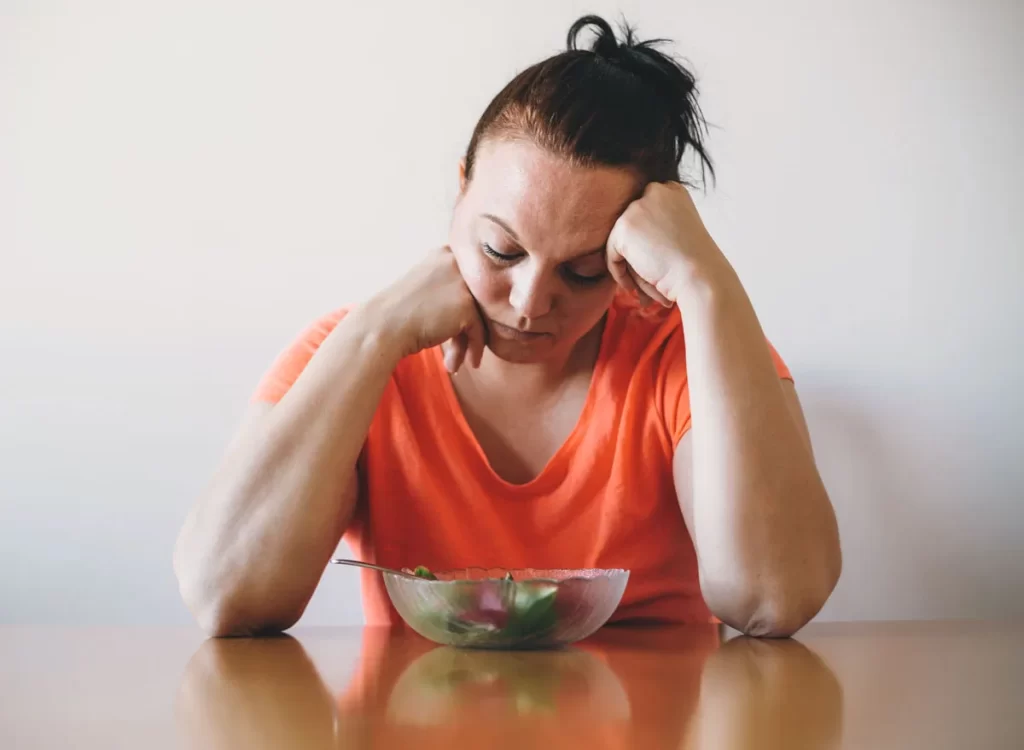Fearing the Black Body: The Formation of Diet Culture

A burgeoning $60 billion industry has emerged from the need to conform. In the process, the “correct” diet has become a concept that controls the relationship between food and self. Instead of a natural state of health, nutrition is reduced to patterned behaviors that are derived from cultural norms. Women of color experience a distinct impact from the formation of diet culture. Their bodies are caught in a paradox of competing cultural identities, and they struggle to find a balance between societal diet pressures and their desire for femininity.
The formation of diet culture is a cultural phenomenon that has deep roots, tracing the evolution of human body image from ancient Greece. The Kardashian-Jenner family, for example, has long promoted weight loss products and diet plans. This type of influence is responsible for creating a culture of thinness and for promoting unhealthy products. It is therefore critical to address these trends. The authors of Fearing the Black Body discuss the history of diet culture and how it affects the lives of African Americans.
In the early Christian world, the body was considered the enemy of the soul. To cleanse the body from impurity, early Christians engaged in long fasts. This type of self-deprivation was a means of spiritual purgation, and it is thought that this practice led to the development of modern-day diet culture. It is important to recognize that today’s diet culture is a result of an underlying paradigm that equates virtuosity with eating a healthy diet.
We can’t escape the formation of diet culture entirely, but we can try to change our behavior in order to avoid falling into its trap. Observe when you engage in unhealthy behaviors and make a conscious decision to challenge the status quo. By challenging the status quo, we can become happier and healthier than we were before. It’s difficult to resist this societal pressure, but we can challenge it and fight back. In fact, most of us are victims of diet culture. Therefore, it’s imperative to be aware of these behaviors if we want to combat this destructive social force.
Another common misconception is that a healthy diet can be unhealthy. In reality, this is not the case. Rather, a diet culture is a cultural symptom of poor health. While there is no one-size-fits-all diet, it is the culture’s distorted view of healthy eating that creates unhealthy body image. And the distorted notion of a thin body in our culture can lead to eating disorders and a host of other problems.
The problem of shaming has risen in recent years. In just two years, the number of adolescents admitted to hospital for anorexia has skyrocketed. The increasing use of social media is cited as a contributing factor by medical experts. According to Francis Haugen, a whistleblower for Meta, the tendency to post only the best moments in life is a dangerous path. It’s no wonder that people who suffer from eating disorders are turning to Instagram to confront the social media norms that have skewed them.






